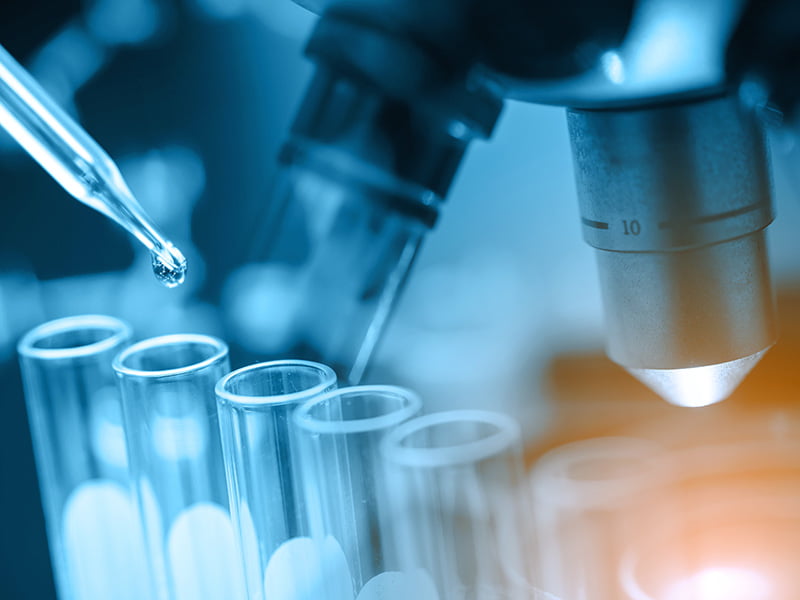US biotech giant Pfizer will ramp up manufacturing of antimicrobials and precision medicines from its Melbourne site to combat the rising threat of superbugs after tipping $150 million into production facilities, robotics and artificial intelligence.
The investment milestone was announced on Tuesday at the site in east Melbourne, with Industry and Science minister Ed Husic declaring it an important step in the government’s push to revive Australian manufacturing.
The latest addition to the facility is two freeze-drying machines known as lyophilisers, which are used in the antimicrobial manufacturing process. The upgraded site will also trial AI technology to optimise production processes.

According to the company, the upgrades will be operational by next year and at commercial manufacture in 2026, with a focus on manufacturing antimicrobials.
“A key strategic pillar of Pfizer’s product innovation work is our effort to help slow the spread of antimicrobial resistance, one of the biggest global health threats of our time,” Pfizer Australia managing director Anne Harris said.
Antimicrobial resistance (AMR), or ‘superbugs’, is a growing public health concern because it makes infections harder to treat, increasing the risk of disease spread, severe illness and death. 10 million people will die from AMR by 2050 without intervention, according to the World Health Organisation.
Pfizer’s Melbourne upgrades include the construction of a new separate facility that hosts two freeze-drying machines known as lyophilisers, which are used in the antimicrobial manufacturing process.
The Mulgrave site is already producing and exporting medicines like cancer treatments, antimicrobials, anaesthetics and anti-inflammatories to 60 countries, treating up to 15 million patients a year.
“The life-saving medicines manufactured in Melbourne are shipped all over the world, helping millions of people each year,” Mr Husic said.
“This significant investment shows the government’s focus on rebuilding manufacturing is working – and it brings us one step closer to a Future Made in Australia.”
Mr Husic this year launched an RNA blueprint to grow the local sector. His department has also developed a medical science co-investment plan to guide the government’s $1.5 billion medical manufacturing fund slated for devices, digital health solutions and innovative therapeutics.
The CSIRO has warned superbugs are “one of the greatest threats facing humanity” and Australia is at the frontline as one of the largest consumers of antibiotics, with the drug’s overuse being the main driver of AMR.
The science agency has made AMR one of its missions and warns new drugs alone will not be enough.
Do you know more? Contact James Riley via Email.

